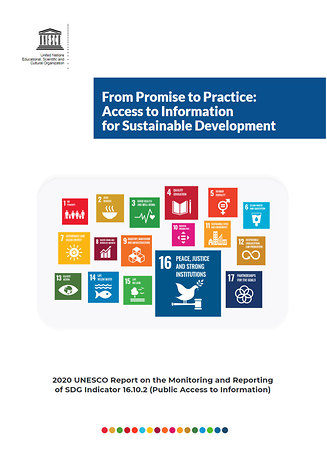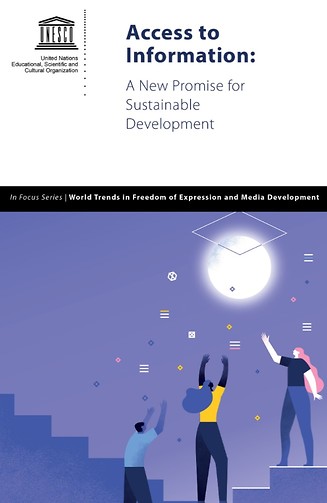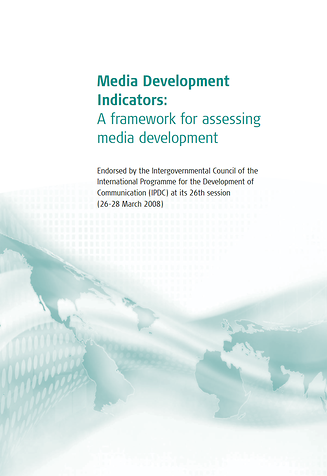3 January 2017
Globalization, while shaping a new era of interaction between nations, economies and people, may as well be disruptive, and engender side effects such as marginalization. It is up to international institutions and national authorities to find ways to counter such possible effects, particularly in the areas of access to information and knowledge, the spread of new information technologies and communication and development of multilingualism in cyberspace.
Several concrete measures to promote access to knowledge in cyberspace are proposed by UNESCO within the framework of its Recommendation to guide both the debate and action by the involved international instances in this domain. Thus, Member States should establish and support national policies to promote multilingualism and universal access. In addition, Internet access, considered as a public information service, should be encouraged by the adoption of appropriate policies. Member States should therefore recognize and enact the right to online access to public records and government administration records, including all the information citizens need in a modern democratic society, so to ensure the universal access to information in the public domain and its free flow, without geographical, economic or social discrimination.Right to Information
Permanent link: http://en.unesco.kz/access-to-information





